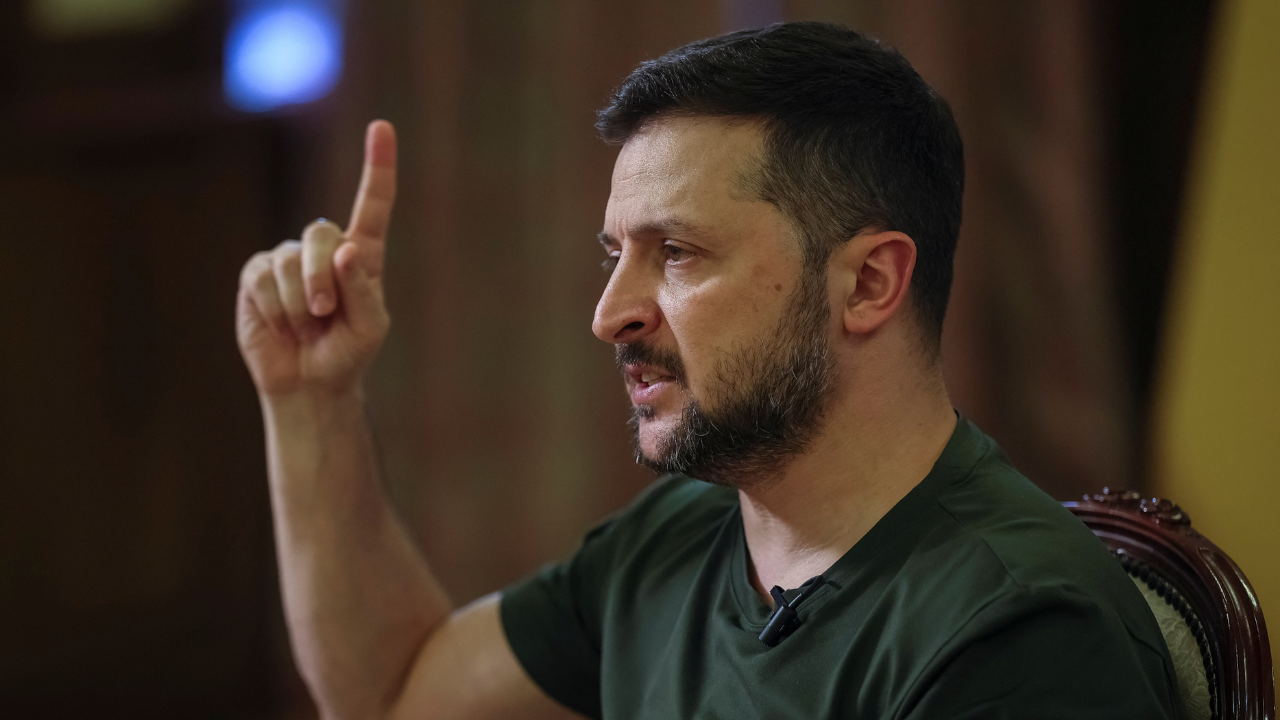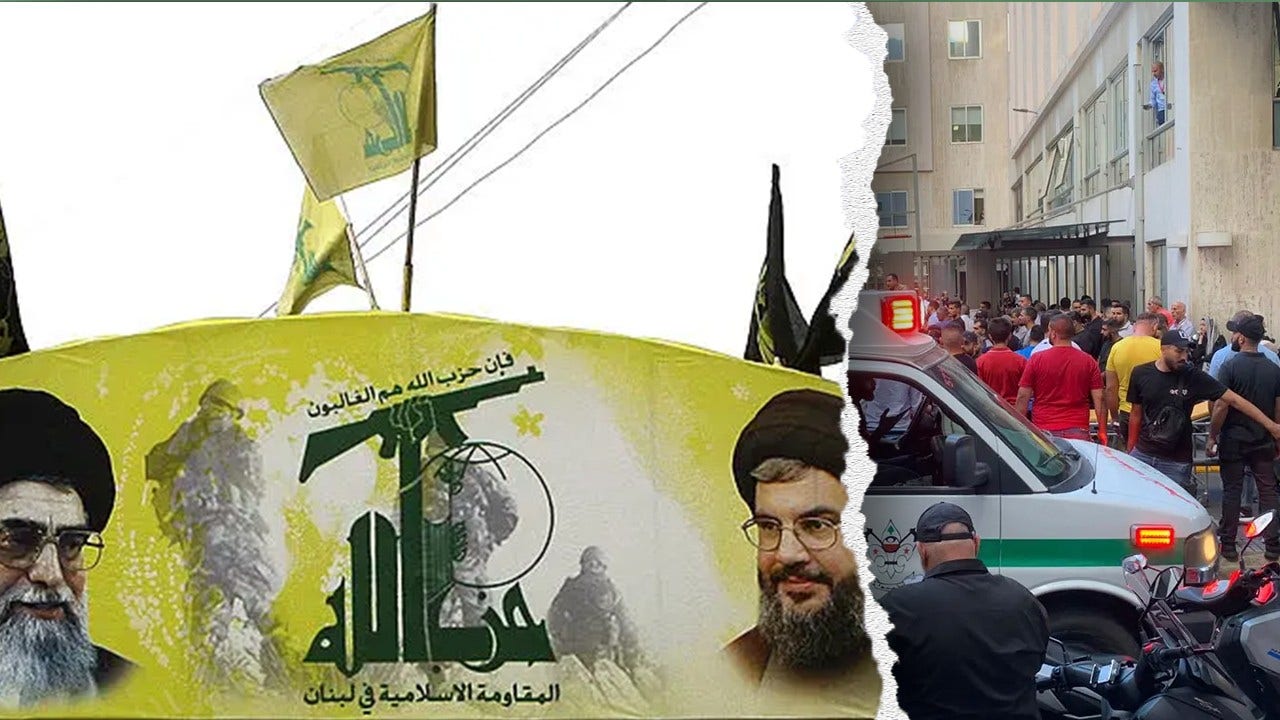David Levy, a Moroccan-born Israeli who rose from ditch digger to Israel’s political heights, often embodying the resentments of Jews of North African and Middle Eastern origin who felt ill-treated by Europe-rooted elites, died on Sunday at a hospital in Jerusalem. He was 86.
The cause was not disclosed, but he had recently been treated for heart and kidney ailments. His death was announced by the Israeli government.
Mr. Levy was Israel’s foreign minister three times in the 1990s and its deputy prime minister even more often across two decades.
As prestigious as those positions were, neither afforded him an opportunity to fully shine. The deputy post was largely ceremonial. And on vital foreign policy matters, like negotiations with the Palestinians and Arab states or the management of relations with the United States, he was shunted aside by prime ministers who reserved those responsibilities for themselves.
The premiership, Mr. Levy’s true brass ring, eluded his grasp, notwithstanding his political dexterity.
He arguably left more of a mark earlier in his career when he led ministries that were responsible for housing and construction and for absorbing waves of immigrants. They were people not unlike how he was in 1957, when he was 19 years old and had left Morocco with his family to start life anew in Israel.
As housing minister, he helped make apartments more affordable for poorer Israelis. He also presided over Jewish settlement expansion in the occupied West Bank and Gaza Strip.
Politically, Mr. Levy was for years a major figure in the rightist Likud party. But he was less hawkish than many in the party — more open, for example, to offering concessions to the Palestinians in return for what might reasonably pass for peace in a fractious land. He also felt that Israel’s military invasion of Lebanon in 1982 was a mistake, setting himself apart from the Likud mainstream with that view.
In a sense, his principal contribution may have been as an early exemplar of political muscle for Mizrahim, Israelis of Eastern origin, whose families migrated en masse from North Africa and elsewhere in the Middle East soon after the Israeli state came into being in 1948.
Those early immigrants, often referred to imprecisely as Sephardim, felt shabbily treated by the Ashkenazim, Jews of European background, who had dominated government and politics.
Their bitterness endured across generations. Mr. Levy, never graced with layers of thick skin, was a leading voice of their discontent — and of his own. In 1992, during one of his many feuds with other Likud officials, he complained to supporters that “in the mouths of some I was a monkey that just came down from the trees.”
A member of Parliament from 1969 to 2006, he was an essential element in Likud’s ascension in 1977, when it toppled the long-governing Labor Party thanks in large measure to its populist pitch to disaffected Mizrahim. Even so, he remained eternally something of an outsider. Partly, this was a result of his tendency to claim anti-Mizrahi bigotry whenever he did not get his way. Sometimes he was right.
With scant formal education — he progressed no further than eighth grade — Mr. Levy was routinely cast by some journalists and politicians as a bumpkin. Though he spoke Hebrew, French and Arabic, his lack of English proved a handicap in a country where relations with the United States are paramount.
Mocked for his carefully groomed crown of white hair and for a speaking style that veered toward pompous, he became the butt of crude jokes, like one about his saluting a refrigerator because it was General Electric.
The barbs stung, but he said, “I can understand them. I was a nobody, someone people never heard of, and suddenly there I was on Olympus. The natural thing in a case like this is to undress you.”
Israel has always been governed by coalitions, ever shifting and often unstable. In his various ministries, Mr. Levy had a habit, when he was unhappy, of threatening to quit, which, had he followed through, could have brought about the government’s collapse.
He had a notably antagonistic relationship with Benjamin Netanyahu, especially after Mr. Netanyahu became Likud’s leader and then Israel’s prime minister in the mid-1990s. That was when Mr. Levy left Likud to form a new party called Gesher. Meaning “bridge,” it won a few parliamentary seats by casting itself as a social-issues bloc focused on Mizrahi immigrants.
Their mutual hostility notwithstanding, Mr. Levy attached himself to Mr. Netanyahu’s government for a while. But as 21st century approached, he aligned Gesher with a centrist government led by Ehud Barak.
It was another political marriage of convenience that did not last long. Gesher faded away, and in 2003 Mr. Levy rejoined Likud. By then, he was a man of diminished influence, placed so low on the party’s list of candidates that he failed to qualify for Parliament in 2006 elections. He then left politics for good.
Still, his importance as a Mizrahi trailblazer endured. It was recognized in 2018 when he was awarded the Israel Prize, the country’s highest cultural honor, for having been a “leader of social and political programs and in struggles for the poor.”
David Levy was born on Dec. 21, 1937, in Rabat, Morocco, the second of eight children of Moshe and Sima Levy. His father was a carpenter who, like many immigrants then, had trouble finding work after moving the family to Israel in 1957.
The Levys first lived in a tent. They were then moved to an apartment in Beit She’an, in the Israeli north, one of many so-called development towns that sprung up in Galilee and the Negev to absorb an influx of Holocaust survivors and immigrants from Arab countries.
In his youth, David Levy dug ditches and worked as a laborer. (His parliamentary biography listed “construction worker” as his occupation.) Because of eye trouble, he never served in the military, unlike most young Israelis.
In Beit She’an, where he settled for life, he met and soon married Rachel Edri, a cook and a cleaning woman at a local school. They had 12 children, including a daughter, Orly, who became a member of Parliament, and a son, Jackie, who was elected mayor of Beit She’an.
Among Mr. Levy’s survivors are his wife, his children and what was said to be at least 40 grandchildren.
On construction sites, Mr. Levy discovered that he could be a skillful labor organizer, albeit a hotheaded one at times. During one stretch of unemployment, he was sentenced to 12 days in jail after leading rioters who trashed a government office.
“Those were terrible days,” he told a biographer, Aryeh Avneri. “I would look at myself in the mirror, and tears would stream down my face. I realized I had to do something to change my situation, and that turning over desks in the employment office was no way to go about it.”
So he entered politics, starting in the Israeli labor federation, Histadrut, and then in the right-wing nationalist Herut (Freedom) Party, a core component of what would become Likud, which means “consolidation.” He swiftly learned how to play the political game.
As he told his biographer, “I had to find a road that would lead to the corridors of power.”






